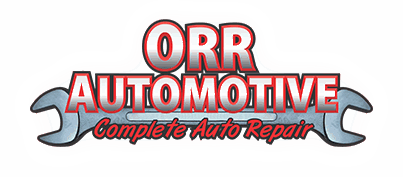
The decision to repair or replace a component on an automobile involves a consideration of various factors, including the cost of repairs, the age and overall condition of the vehicle, and the potential benefits of replacing the part. Here are some mathematical considerations that may come into play:
Cost of Repairs vs. Replacement:
Compare the cost of repairing the faulty component to the cost of replacing it with a new or refurbished part. This involves obtaining quotes for both options.
Expected Remaining Life of the Vehicle:
Consider the age and overall condition of the vehicle. If the vehicle is relatively new and well-maintained, investing in repairs may be a more cost-effective option.
Depreciation and Resale Value:
Assess how repairs or replacements may impact the depreciation and resale value of the vehicle. Sometimes, investing in a replacement part can increase the resale value more than a repair.
Frequency of Repairs:
If the vehicle has a history of frequent breakdowns or repairs, it might be more economical in the long run to consider a replacement, especially if the repairs are becoming increasingly costly.
Operational Costs:
Evaluate the ongoing operational costs associated with maintaining an older vehicle. Consider factors such as fuel efficiency, maintenance, and potential future repairs.
DIY vs. Professional Repairs:
If you have the skills and tools to perform repairs yourself, the cost equation may be different than if you need to pay for professional labor.
Financing and Budget Constraints:
Consider your budget and financing options. If you are on a tight budget, repairing a component may be a more feasible short-term solution.
Warranty and Reliability of Replacement Parts:
Factor in the warranty and reliability of replacement parts. Sometimes, investing in a new part provides peace of mind and a longer warranty period.
Fuel Efficiency and Environmental Impact:
Newer vehicles may have improved fuel efficiency and reduced environmental impact. Consider these factors when deciding whether to repair or replace, especially if your current vehicle is less fuel-efficient.
Safety Considerations:
Evaluate the safety implications of the repair or replacement. Safety features in newer vehicles may justify the investment in a replacement.
In summary, the decision to repair or replace involves a complex analysis of costs, the vehicle's condition, and your future plans for the car. Math can help you quantify these factors and make a more informed decision based on your individual circumstances.









Add new comment